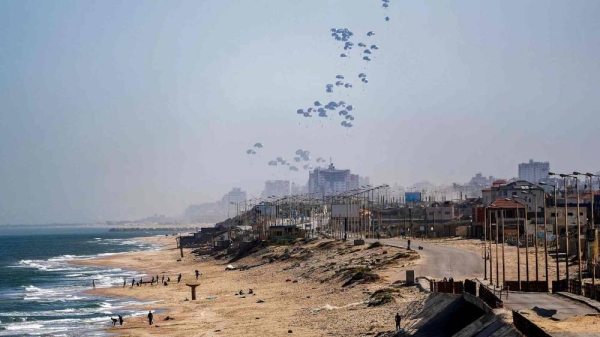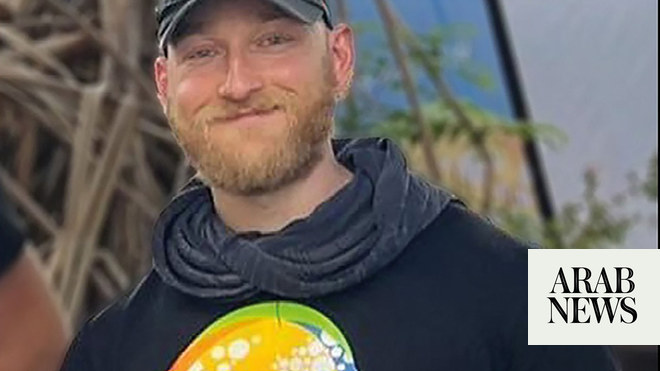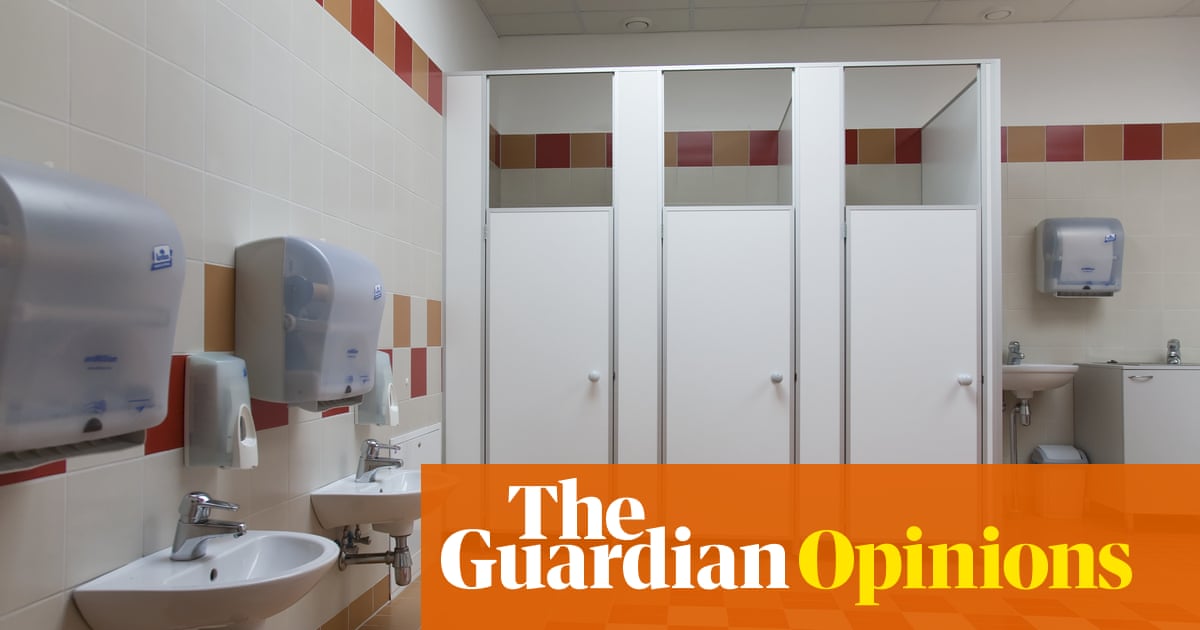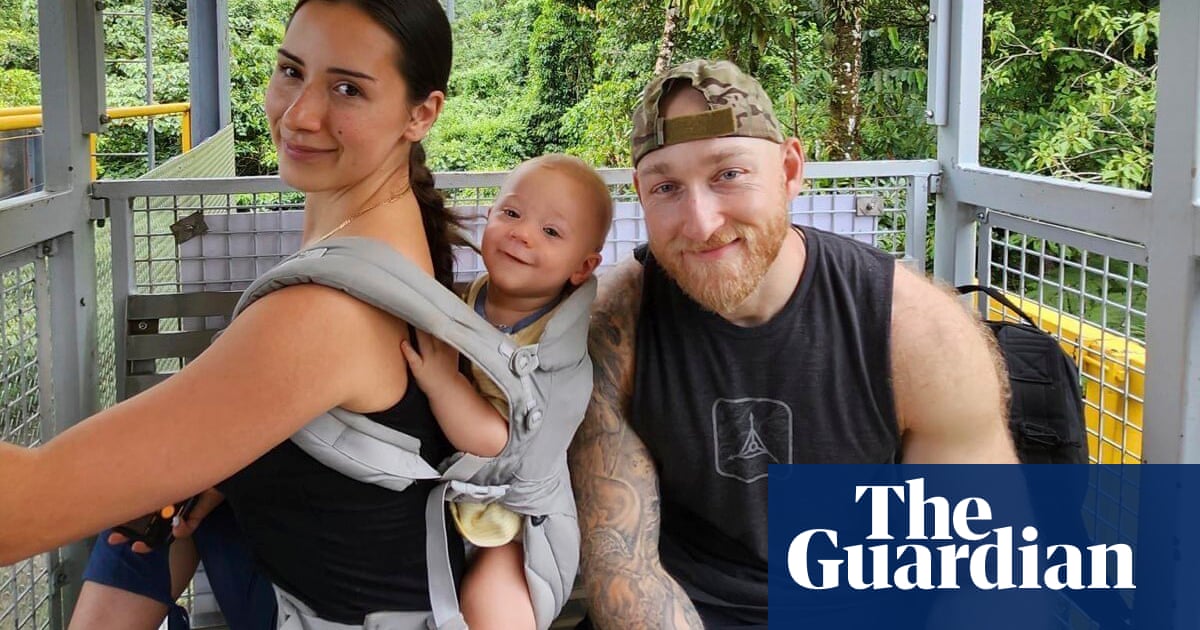
Children around the world have been returning to school classrooms in recent weeks, including here in the Gaza Strip. For my 10-year-old grandson, Faris, the new school year began without his father to take him to school or help him with homework.
His father – my son, Mohammad El Halabi – has not been home with his family for more than five years. Instead, he sits in an Israeli jail on the basis of trumped-up charges.
As this paper recently reported, his case is a truly extraordinary story. It is a shocking indictment of Israel’s so-called “justice” system.
Mohammad worked for World Vision, a US-headquartered global relief charity, becoming the director of its humanitarian operations in Gaza. Deeply committed to helping families and children in desperate need, he was profiled as one of the UN’s “Humanitarian Heroes”.
Despite – or perhaps because of – his selfless work supporting Gaza’s people, Israeli officials had my son in their sights. On 15 June 2016, Mohammad was detained at Erez Crossing, after returning back home from a meeting at the World Vision office in Jerusalem.
He was held without access to a lawyer for weeks, during which time he says he was beaten up by interrogators – the UN has said his treatment under interrogation “may amount to torture”. The indictments, publicised with great fanfare by Israeli officials and diplomats, were preposterous; my son was accused of diverting up to $50m (£37m) of aid money over seven years to Hamas. In addition, the indictment accused him of diverting thousands of tons of “dual-use” iron, brought in by World Vision through the Kerem Shalom crossing for its projects, for the benefit of Hamas.
The figures involved vastly exceeded World Vision’s average annual budget in Gaza. Moreover, the NGO says it never even used the Kerem Shalom crossing, or imported iron into Gaza.
These were only some of the many holes in the accusations.
After my son was indicted, World Vision commissioned an audit of its operations: no evidence was found to substantiate Israeli claims. Indeed, a World Vision spokesperson said its investigations revealed substantial evidence that “Mohammad worked to ensure World Vision avoided improper interactions with Hamas”. The Australian government – a World Vision donor – also investigated and found no evidence that funds had been diverted.
For five years, Israeli prosecutors have failed to produce any concrete evidence against my son. Instead, they rely on the supposed testimony of a witness who says he heard Mohammad confess, and a former World Vision employee.
Israeli officials have even refused to allow those in Gaza named as allegedly assisting Mohammad in the conspiracy to come to court to testify as defence witnesses that the whole thing is nonsense.
Tellingly, ever since the second year of his incarceration, they have been offering him freedom if he agrees to a plea bargain. But Mohammad has refused to admit to a crime he didn’t commit.
As a parent who has raised my children to work for peace and to provide humanitarian work, I have worked day and night for his release. I defend my son because I am sure of his innocence and I am confident that the fake accusations levelled against him are because of his humanitarian work.
My son believes deeply in the work he was doing. World Vision in Gaza funded humanitarian projects and psychological help for children, providing support for farmers and fishermen. It distributed school supplies to children.
He believed the economic blockade of Gaza fomented violence, and that humanitarian work reduces it – a subject that he addressed when invited to speak at Australia’s federal parliament in 2014.
As a reflection of who Mohammad is, and in light of the absolute travesty that is his trial, there have been growing calls for justice and an end to this excruciating legal process. Last November, UN rights experts called on Israel to either “release [Mohammad] … or immediately grant him a fair trial”.
Israeli media has also noted the “unusual restrictions” placed on my son’s lawyer, Maher Hanna. As an editorial in the Jerusalem Post noted, Hanna has been shown just some of the supposed evidence – and what was made available he could only see without taking notes or being given a copy. As Hanna says, even Kafka would not have conceived of a trial this absurd.
If there were due process, I am confident Mohammad would be able to prove his innocence. But, from the moment he was arrested and held for weeks without a lawyer, all the way through the years of court hearings, the entire story has been characterised by injustice.
It has also been inhumane. The prosecution has encouraged Mohammad to admit to a lesser crime he didn’t commit, which he has refused to do. All the while I am deprived of my son – and his children are deprived of their father.
The verdict is expected in the coming weeks, and I still believe justice can prevail. There is a growing awareness of Mohammad’s plight. Anyone who raises their voices can make a difference – from governments and humanitarian workers to all people of good conscience. Speak up, end this injustice, and bring Mohammad home.
Khalil El Halabi worked for four decades as an education supervisor in the Gaza Strip for the United Nations Relief and Works Agency for Palestine Refugees in the Near East (UNRWA)












